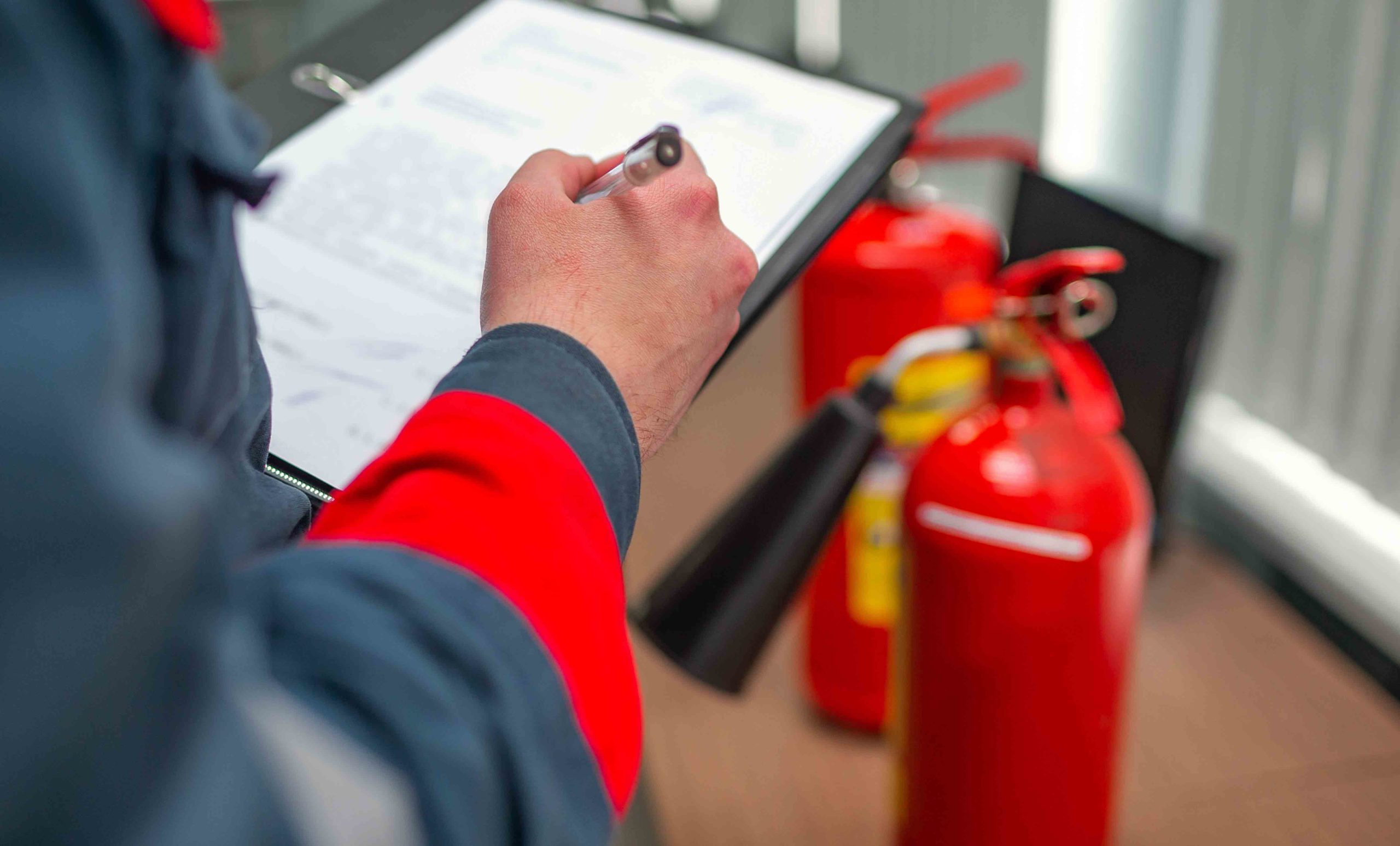Barnsley Council has recently announced that it will soon be sharing the addresses of around 4000 properties that receive assisted bin collections with the South Yorkshire Fire and Rescue service. This data will help the fire service to offer free smoke alarms and safety advice to these – often vulnerable – households, which should ultimately save lives.
In its announcement, the council highlighted the known links between people receiving assisted collections (for example, people with a disability or medical condition that prevents them from putting their bins out on their own) and the risk of fire.
Steve Helps, Area Manager at the fire and rescue service, said: “This is a brilliant example of where data protection laws – which are rightly in place to protect people’s information – should not get in the way of public bodies working together, in the public interest, to make people safer. By having the right safeguards and privacy protocols in place, we’ve shown that a common-sense approach can cut duplication of effort and potentially save people’s lives.” Helps also noted that many of the people who die in house fires are already known to another agency, such as a local authority, social housing provider or health partner.
The fire service says the best way for partners to help is to sign-up to the scheme which aims to improve how the fire service and local organisations work together to effectively identify and reduce hazards for people most at risk.
Common measures to protect those most at risk include fitting smoke alarms, providing flame-retardant bedding and installing misting systems to suppress fires. In addition to this, we would highlight the importance of installing appropriate bin storage facilities because bin fires can be a significant hazard, especially for people with mobility issues.
Sharing personal data between public services is not new, however. For example, health data is routinely shared between councils and fire services, and many councils, such as Cambridgeshire, have information sharing protocols in place. Nevertheless, it is refreshing to see a real-life example of organisations sharing data to benefit members of the public, without being prohibitively constrained by data protection protocols and privacy concerns.
This is a great initiative and, alongside ensuring that bins are stored in safe locations, it will help to make a real difference in reducing the harm arising from fires.
